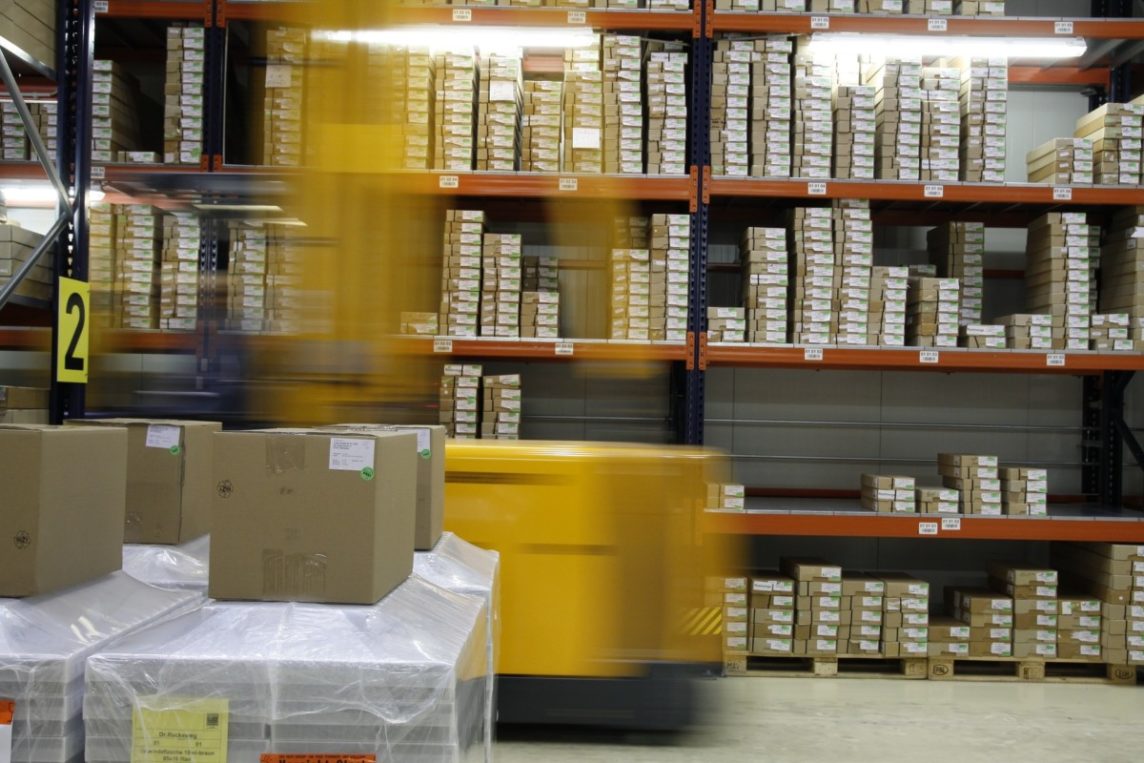For years, the conversation about innovative fulfillment strategies has been driven by a single company: (you guessed it) Amazon. Retailers have often been left playing catch-up to the aggressive, customer-focused fulfillment philosophy pioneered by Jeff Bezos’ Seattle-based Goliath. Recently however, other companies have been exploring creative distribution solutions of their own, and are finding themselves more profitable and competitive as a result.
Drop shipping Picking Up
Drop shipping is actually a decades-old concept, but it’s surging in popularity as a way to manage inventory costs while meeting customer expectations. Drop shipping simply means that a manufacturer ships directly to a customer, rather than making bulk deliveries to retailers. According to a Lehigh University study, 53 percent of manufacturers reported that drop shipping increased their profit margins, while 80 percent of retailers said it increased revenue and 60 percent of retailers reported that it reduced cost. The system benefits both parties, since retailers can sell goods through their website without ever needing to store them or pay for merchandise that may or may not sell. Manufacturers, meanwhile, benefit because retailers negotiate for smaller margins.
Of course, drop shipping does leave open the possibility of manufacturers cutting retailers out of the equation altogether and selling merchandise on their own websites or through their own stores. According to Supply Chain Dive, Under Armour, Michael Kors, and Oakley have all experimented with this approach. Another pitfall associated with drop shipping is that availability can be an issue when manufacturers are dealing with orders from multiple retailers, but this is a problem that should be addressed by the adoption of more unified platforms to manage inventory and ordering.
Repurposing Store Space
With warehouse space both scarce and costly, especially near urban centers, some companies are exploring other types of real estate for online fulfillment. Target has moved its digital fulfillments from distribution centers to its existing stores, and reported a 40 percent cost reduction as a result. Target is meeting its same-day and next-day fulfillment goals through a variety of methods: it has partnered with Shipt for deliveries, and also offers customers the option of curbside pickup. Target reports that these options were responsible for over half of is first quarter digital sales growth. Beyond being a cost-saver, Supply Chain Dive reports that “executives claimed store fulfillment creates high levels of customer satisfaction and reliability.”
Retailers may not even need to use their own space as a fulfillment center; they can borrow from someone else. Darkstore, a tech startup geared at giving companies more fulfillment options, has raised almost $10 funding, and nabbed clients including Nike and Tuft & Needle. According to TechCrunch, Darkstore “works by exploiting excess capacity in storage facilities, malls and bodegas and enables them to be fulfillment centers with just a smartphone.”
The Race for Next-Day Delivery
Amazon may have started the push for ever-faster deliveries, but the U.S.’s other major retailers have made it clear they don’t intend to be caught unawares this time. In April, Walmart tweeted: “One-day free shipping…without a membership fee. Now THAT would be groundbreaking. Stay tuned.” Home Depot has also announced that it plans to offer next-day parcel delivery for half the U.S. population by midyear.
The importance of manufacturers and retailers rising to the challenge of fulfillment and delivery can’t be overstated, but traditional companies may actually have an advantage in meeting this challenge. According to Roadie CEO Marc Gorlin, quoted in SupplyChain247: “Brick & mortar retailers know that customers have different delivery expectations every time they hit checkout, but if retailers can’t give them that choice, customers know Amazon will. That’s why many are leveraging their physical footprints to bring the product closer to homes, launch delivery from store, and give customers more choice.”
Red Arrow Logistics has the scale and scope to meet the budget and schedule requirements of the largest and smallest companies alike. If we can be of assistance, please email me at liz.lasater@redarrowlogistics.com or give us a call 425-747-7914



